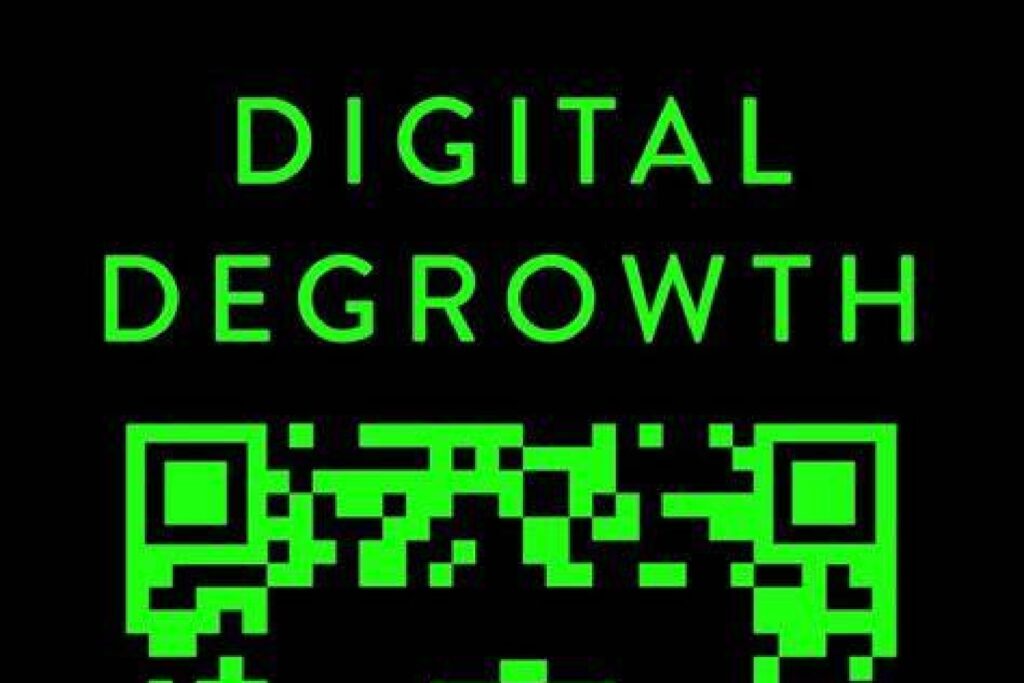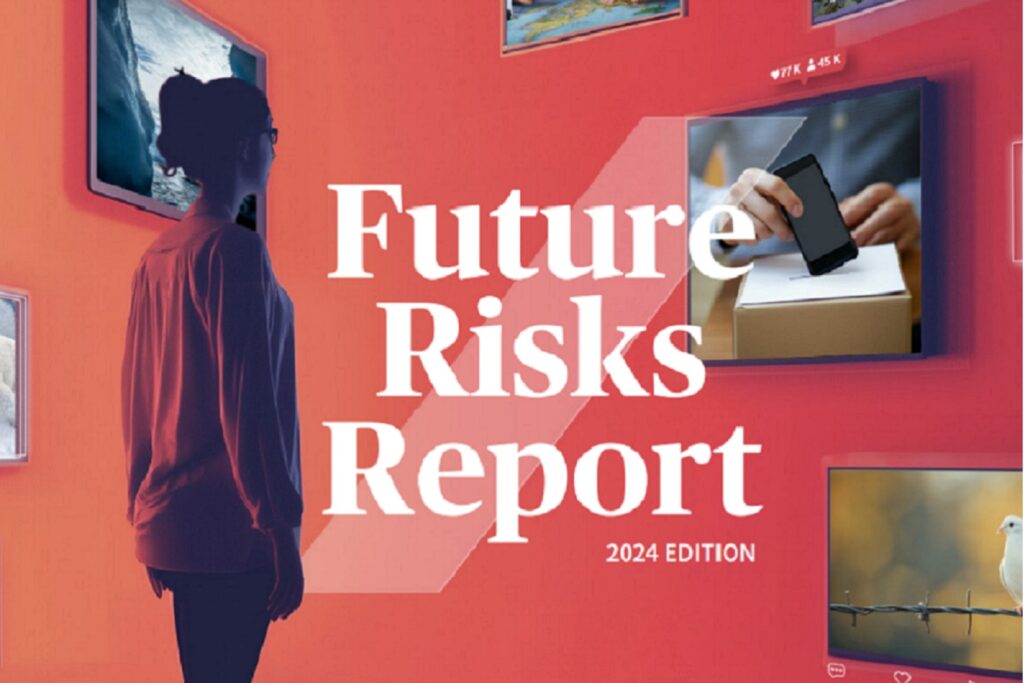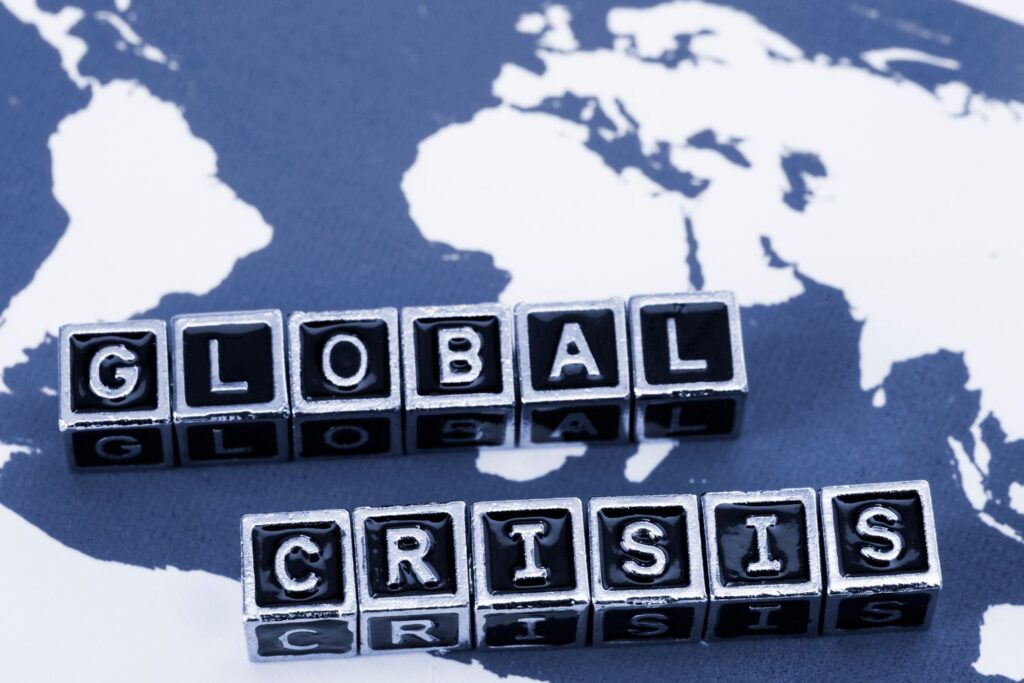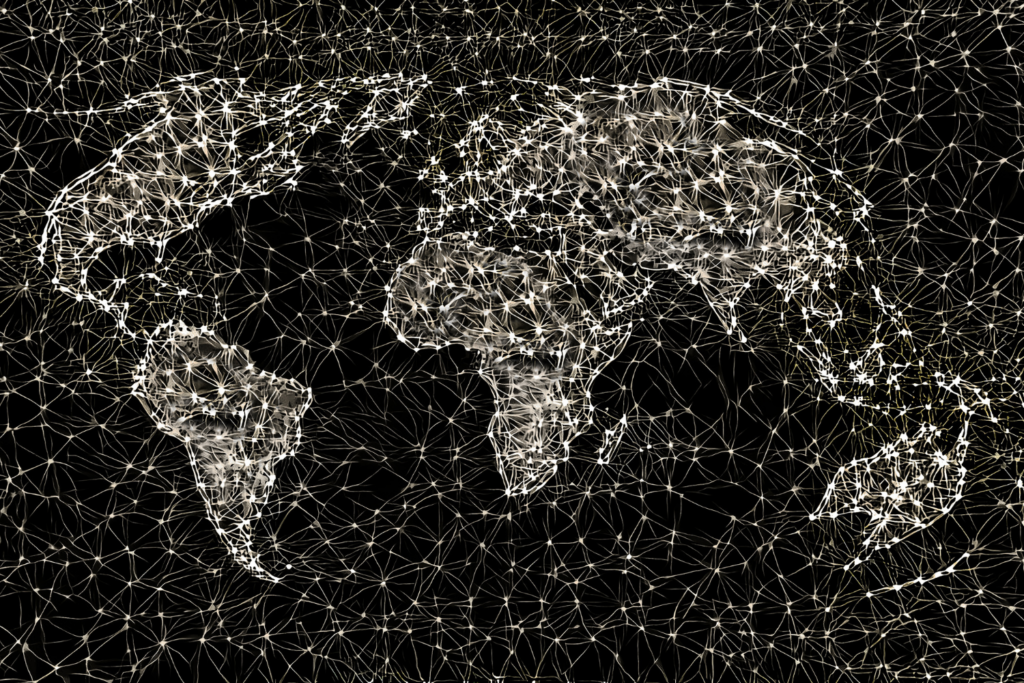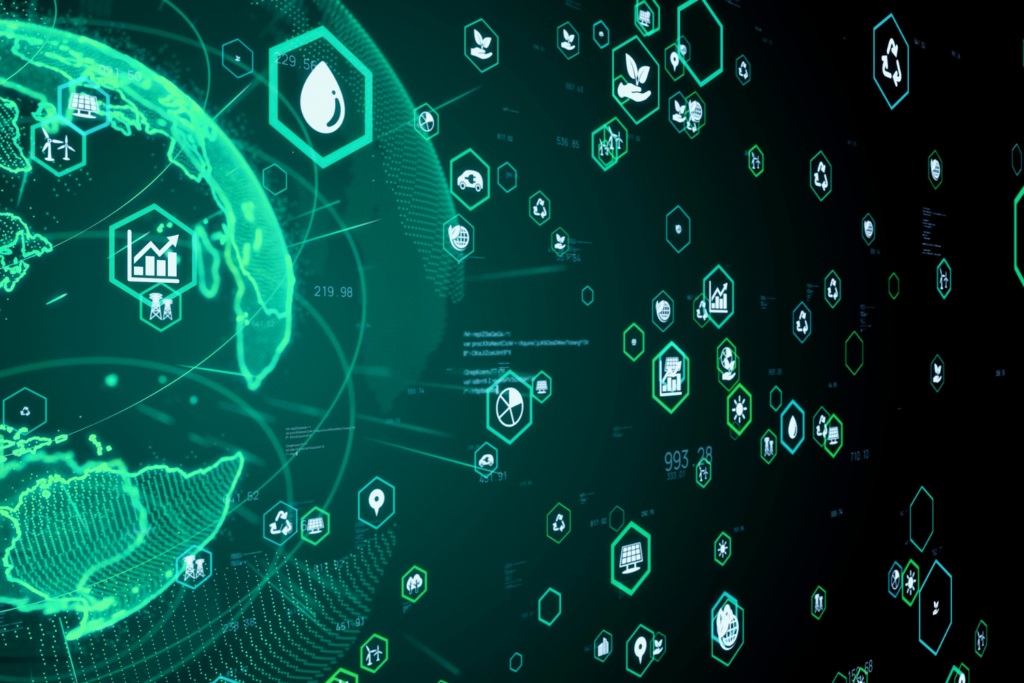Ethics amid Crises
Anthony Langlois explores the ethical dimensions of navigating contemporary global challenges like climate emergencies, digital transformation, and sustainability. The author argues that there are a lack of normative considerations in polycrisis analysis, emphasizing the need for ethical frameworks to address interconnected crises.
Ethics amid Crises Read More »



